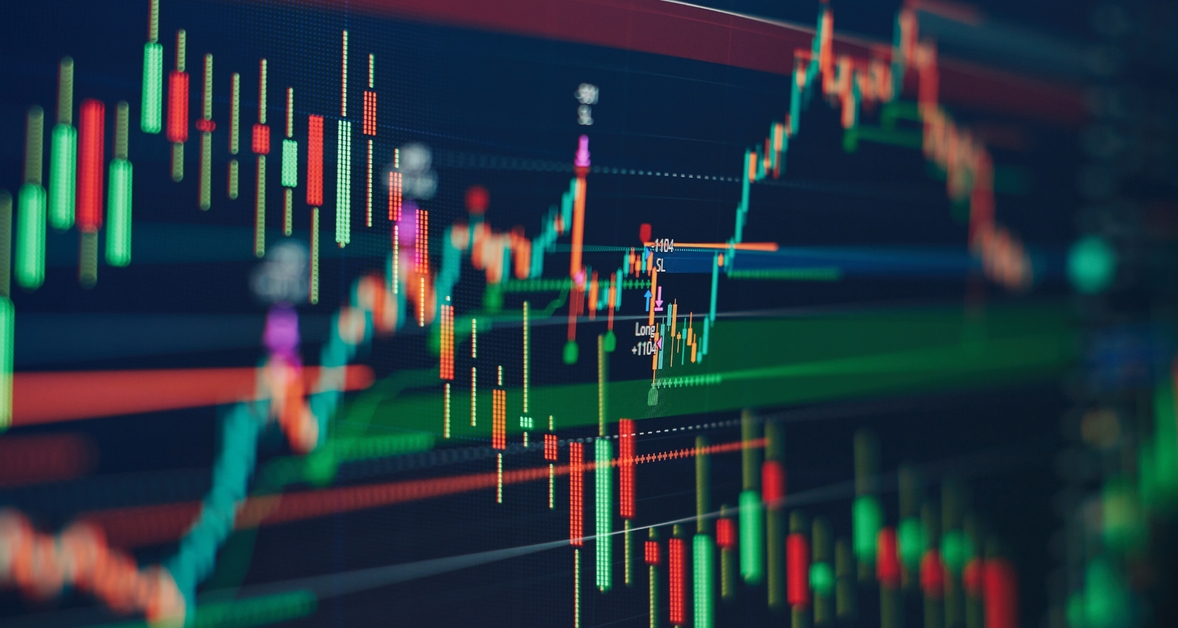
As a new forex trader, you will often hear experienced investors talking about spreads. It is one of the fundamental concepts every beginner must understand well. Knowing how to define a spread in forex will help you grasp various ideas related to trading costs, pricing, and strategy.
This guide will help you discover more about the forex spread meaning and how it can affect your trades.
What Does Spread Mean in Forex?
In forex, the spread is the difference in prices. It is calculated by finding the difference between the bid and ask prices. If you are still new to forex trading, a bid is the price at which traders can sell the base currency, while the ask is the price at which you can buy the base currency.
The spread is measured in something called pips. In most cases, a single pip is equal to 0.0001. However, in currency pairs involving the JPY (Japanese yen), a single pip represents 0.01. The spread is how brokers make money, even if the account charges zero commission fees.
Why Do Forex Spreads Exist?
The primary reason why forex spreads exist is that brokers must make money from providing access to the markets and facilitating trades. Instead of taking a commission from your profits or charging an upfront fee, most brokers prefer adding their costs to the spread.
This process makes it easier for you as a trader to calculate the risk and total cost of the trade before execution.
Factors related to liquidity in the market also determine the forex spread. When the market is liquid with a high number of buyers and sellers, the spread is narrower. However, when activity is low, spreads tend to get wider.
Types of Forex Spreads
The question about what is spread in forex will be incomplete if we don’t look at the types of spread that exist in the forex market.
§ Fixed Spreads
Fixed spreads stay the same, no matter the market conditions. They make predicting trading costs easier, which is perfect for beginner traders learning the spread meaning in forex. However, fixed spreads can sometimes be bigger than variable spreads.
§ Variable or Floating Spreads
Here, the spread adjusts according to the market conditions. During periods of high liquidity, spreads narrow, and when liquidity drops, the difference between the bid and ask price widens. Variable spreads can be useful and cost-effective during periods of high liquidity.
How Does Spread Affect Your Forex Trades?
The spread will affect your profit and loss because it is charged as a cost of executing or entering a trade. When you open a position, you start with a loss, since the spread is an immediate cost. Your trade must move in your favor to cover the size of the spread in order for you to make a profit.
What does the spread mean in forex? If the spread is high, making profits can be hard, and the cost of opening positions in the market becomes more expensive. However, if the spreads are low, the costs of executing trades are cheaper, and you can make profits more easily as a short-term trader.



